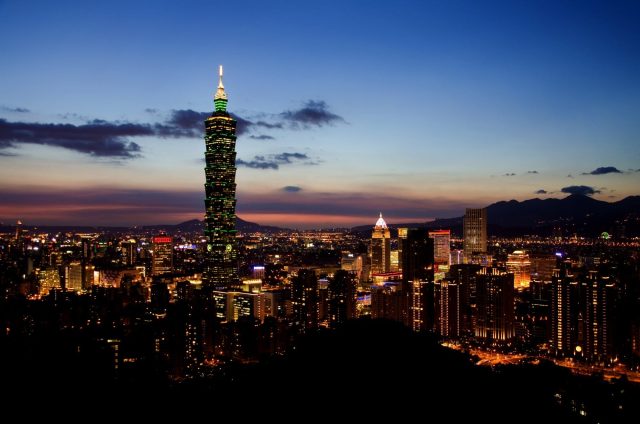
Free Trade is one of the Fundamental Goals in Global Economic Policy, but When It Comes to Trade Relations between the European Union (EU) and Taiwan, Several Obstacles Arise That Undermine the Flow of Trade.
While the European Union has trade relations with many nations, its official position regarding Taiwan is ambiguous due to tensions between the island and the People’s Republic of China, thus generating the first real obstacle to an exchange with great commercial and economic potential. The well-known geopolitical situation in the area sees China considering Taiwan part of its territory and hinders any attempt by a country or organization to establish official ties with Taipei. The EU, concerned not to damage its relations with China, avoids establishing formal trade relations with Taiwan but, such a situation creates a significant obstacle to free trade, inevitably denying the possibility of negotiating deeper bilateral agreements and to facilitate the exchange of goods and services between the two parties.
While the EU and Taiwan have historically maintained trade relations, there are also customs and regulatory barriers that complicate the flow of goods. Import tariffs imposed by both parties, in fact, can make products less competitive on the market, limiting their mutual accessibility. Furthermore, differences in regulations and quality standards may require costly and complicated adaptations for businesses seeking to operate in both markets. Overcoming these barriers would require a concerted effort to align trade policies and simplify customs procedures. However, without a broader political agreement, progress in this direction, however necessary, will be difficult to achieve.
The EU has underlined its intention to strengthen trade relations with Asia, but in this context, China is a key player as Beijing remains the main trading partner of the old continent in Asia and the European Union itself, he may be reluctant to take actions that could jeopardize this relationship. Competition with other countries affects efforts to improve free trade with Taiwan but the island, on the other hand, seeks to diversify its trading partners, reducing economic dependence on China. Strengthening ties with the EU would be strategic for Taiwan, but the perception of compromising relations with China represents a significant and difficult challenge to resolve for Europe.
The economic and structural disparities between the EU and Taiwan constitute a further and no less significant obstacle. While the European Union is a homogeneous economic bloc with a common currency, Taiwan is an island with a strong export dependence and a production-oriented economy. These differences can make it difficult to establish rules and norms that satisfy both parties. Furthermore, differences in the size and structure of the respective markets can affect the competitiveness of companies. Overcoming such barriers would require in-depth dialogue and strategic cooperation to ensure that the interests of both parties are taken into account.
Despite the obstacles, there are significant opportunities to improve trade relations between the European Union and Taiwan. Both can benefit from diversifying their economic sources and collaborating in key areas such as technology, innovation and sustainable development. Overcoming the challenges will require a balanced approach, taking into account political, economic and structural factors. An open and constructive dialogue between the parties involved could lead to significant progress in facilitating free trade and creating a more favourable environment for businesses and consumers in both Europe and Taiwan. Even in this situation, the European Community finds itself having to choose between diplomatic relations of great strategic importance, such as that with China, and a commercial collaboration with considerable economic potential such as that with Taiwan. The choice will be difficult but necessary and will have to be made relatively quickly.



 Subscribe
Subscribe